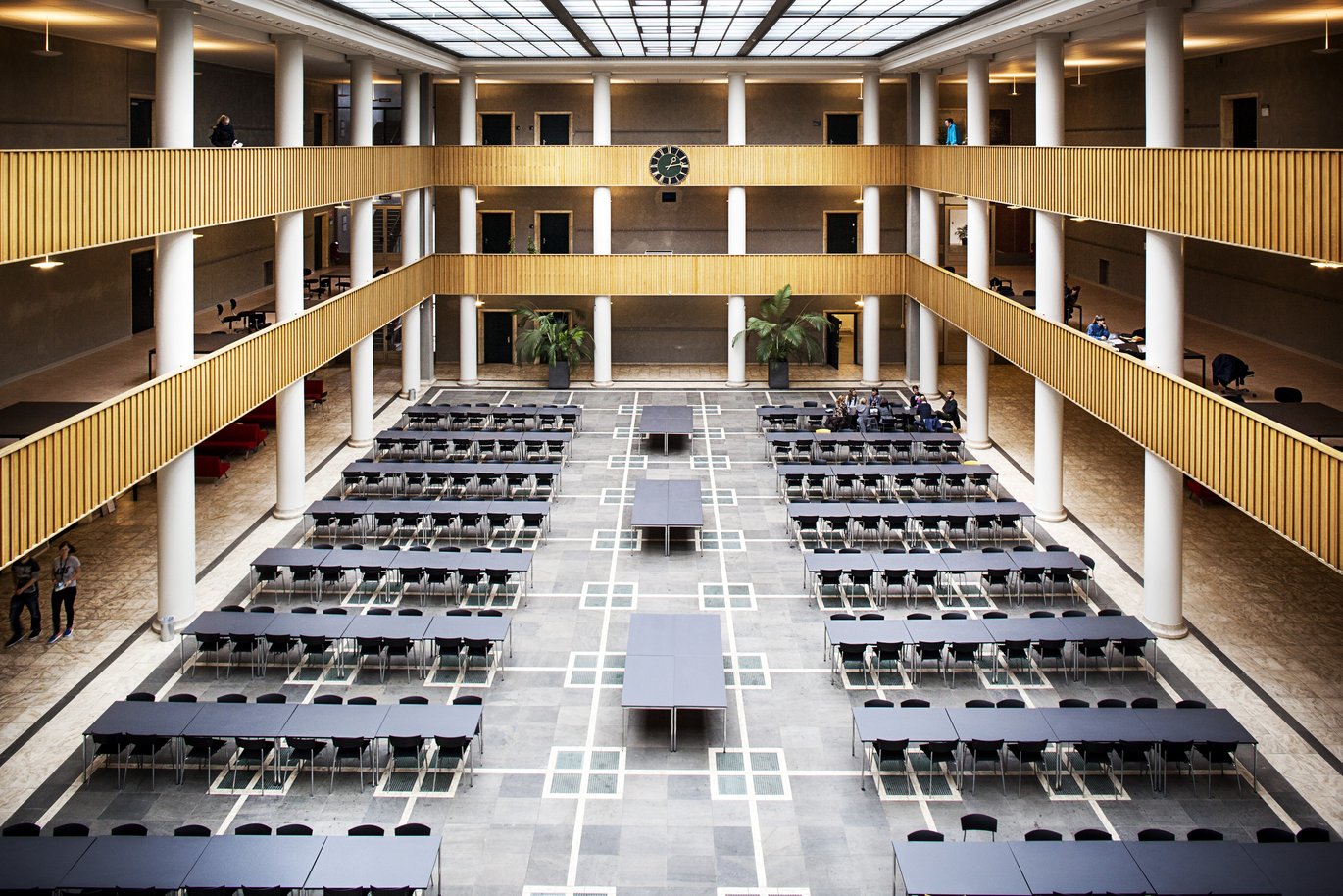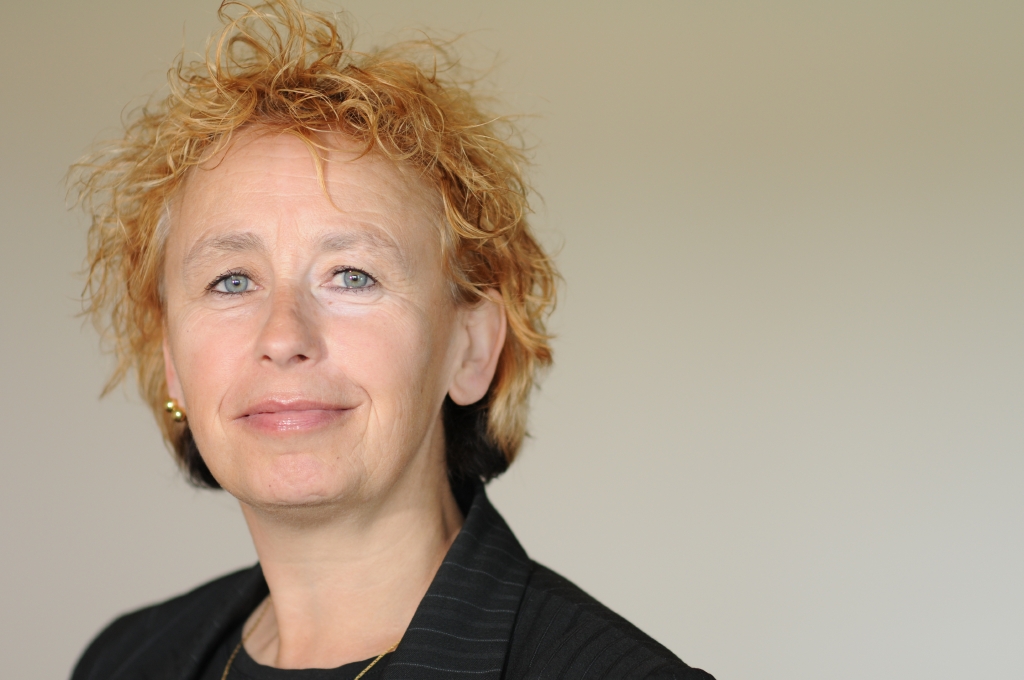What now for the Department of Education – department or school?
Members of the academic staff at the Department of Education (DPU) are pleased with the prospect of improved autonomy in continuation of the senior management team's proposals for following up on the problem analysis. But autonomy also poses the question of how the department should promote itself in the future, and not least, what signal a possible new name ought to send to the outside world.


“The possibilities for supporting the Department of Education’s special academic and organisational needs within the faculty framework and for strengthening the department’s external visibility must be elucidated, and these needs must be met to the greatest extent possible.” That was what the senior management team wrote in its ‘Problem analysis follow-up: proposed solutions’ which was presented by the rector on 15 August.
And the management team’s accommodating attitude towards Department of Education employees’ desire for a more flexible internal organisation has been warmly received.
"It makes it possible for us to once again think strategically about ourselves and our surroundings. Something we have found to be completely impossible since 2010. To think about who we are and what we want to do in relation to our role in both Danish and international educational research," says Associate Professor Hanne Knudsen with reference to the last three years’ management style, which has resulted in some departments having problems retaining their diversity.
Hanne Knudsen speaks on behalf of the members of academic staff at the Department of Education whom she represents in the working group that will, during the autumn, assist the management at Arts in a thorough examination of the departmental structure of the entire faculty.
Department or school
The management at Arts plan to present their draft decision on 21 October based on the consultation response from, among others, members of the academic staff at the Department of Education.
"We agree that the Department of Education needs to be able to present a sharper profile," says Hanne Knudsen.
On the other hand, the open discussion about the Department of Education’s future profile leads to conflicting emotions among members of the academic staff. This is also true of the question of the department's name, as she explains:
"What we must signal with the name in future and whether it is best for us to be a department or school is something we now have the chance to discuss.
Important to signal international basic research
Associate Professor Karen Valentin, who is director of the EPOKE (Education, Policy and Organisation in the Knowledge Economy) research programme, does not support a school solution. She believes that it is important to convey basic research and university, both when it comes to academic partners and when applying for research funds.
"If we wish to develop the educational research field we need to move far beyond the Danish primary and lower secondary schools and Denmark's borders. Not because I don't think we should also have a professional orientation and public-sector consultancy. But it’s very unfortunate if this is perceived as being the only work we do," she says.
Neither does Karen Valentin think there is any reason to keep the abbreviation DPU, which Aarhus University still uses in the department's official name.
"It doesn’t have any branding value for me in my daily work and it also signals a very strong national association," says Karen Valentin, whose research largely takes place internationally as part of the EPOKE research programme.
Focus on the Danish educational system
Professor Jens Rasmussen is part of the school research programme and he maintains that if the Department of Education is to have any justification at all, then its primary focus must still be on empirical research that is relevant for the most significant parts of the Danish educational system.
"It’s a big problem that there is no longer one central, strong research body within the basic education field. That was previously the department’s role but following the restructuring process in 2011 it’s been reduced to almost nothing," he says.
The research must, of course, maintain an international standard and be internationally informed," he emphasises.
Jens Rasmussen thinks that as far as the DPU name goes, there can be many good reasons to keep hold of the brand. But it needs to be relaunched so that it fits into a reality where educational research has become more prominent in relation to pedagogics, he says.
"I actually quite like the school of education name, which was what it was called between 2006 and 2011. Or school in American. It signals the duality of incorporating research, service and the practice-related. A place that teaching and pedagogical education look to for the very best research," he says.
Profile more important than arguing about names
Fakta
One institution, many names. Is another change of name in the works?
1904: Danish School of Educational Studies
1944: Royal Danish School of Education Studies
2000: Danish University of Education
2007: Danish School of Education, Aarhus University
2011: Department of Education (DPU), Aarhus University
The department management team at the Department of Education is not initially interested in participating in a discussion about the department's name, says Deputy Department Head Claus Holm. He would prefer to talk about the department’s profile. Claus Holm emphasises that the national and international orientation go hand in hand.
"The Department of Education must be better at providing international cutting-edge research which, at the same time, also contributes to solving national research and educational tasks within education and pedagogics. The international commitment guarantees quality, while AU's collaboration with the ministries and all of Denmark’s university colleges ensures relevance," he says.
Omnibus has tried to get a statement from Dean Johnny Laursen. But the dean has not wished to comment before the management at Arts has had time to look at the approx. fifty incoming consultation responses from staff at the faculty.
Neither have Lise Skanting, who represents the technical and administrative staff at the Department of Education in the working group for the Arts review, nor Sissel Sørensen, who represents the students, wished to comment at the present time.
Translated by Peter Lambourne

